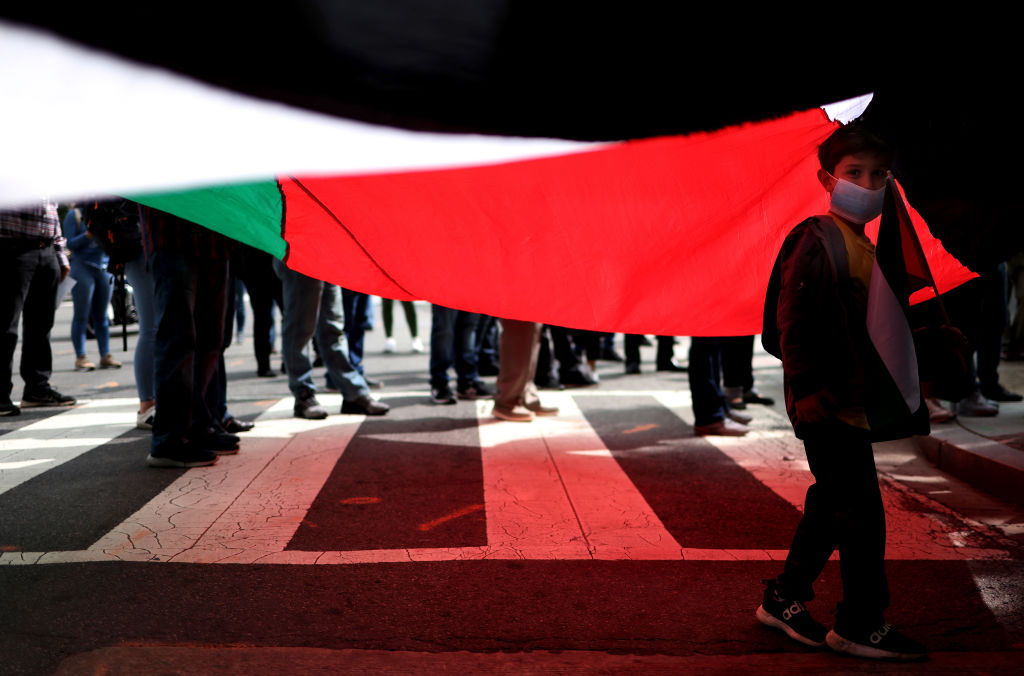Israel’s normalisation agreements with the United Arab Emirates and Bahrain, signed on 15 September, signify a potentially tectonic shift in the Middle East and represent perhaps the greatest advance towards peace there in 25 years.
These developments have been broadly welcomed by those who aspire to a better, safer and more prosperous Middle East. Predictably, they have also been condemned by those who measure success in the region not by the welfare of its population, including the Palestinians, but by how bad things are for Israel.
Unlike Egypt, Jordan and the Palestinians, the partners in Israel’s three previous agreements, neither the UAE nor Bahrain has ever had an armed conflict with Israel. Both theoretically observed a total boycott of Israel, but it was an open secret that they had been cooperating under the table on matters of mutual interest for some time out of concern about Iran.
Iran has been an increasingly destabilising influence in the Middle East as it adheres to the doctrine of exporting its Shia fundamentalist revolution throughout the region. In pursuit of this aim, the Islamic Revolutionary Guard Corps’ Quds Force has established and supported proxy forces, such as Hezbollah in Lebanon, Hamas and Palestinian Islamic Jihad in Gaza, various powerful militia forces in Iraq, and the Houthi rebels in Yemen.
The IRGC also took the lead in buttressing the regime of Bashar al-Assad in Syria’s bloody civil war. And Tehran has been pursuing nuclear weapons, despite its claims to the contrary.
Read the article by Jamie Hyams in The Strategist.

